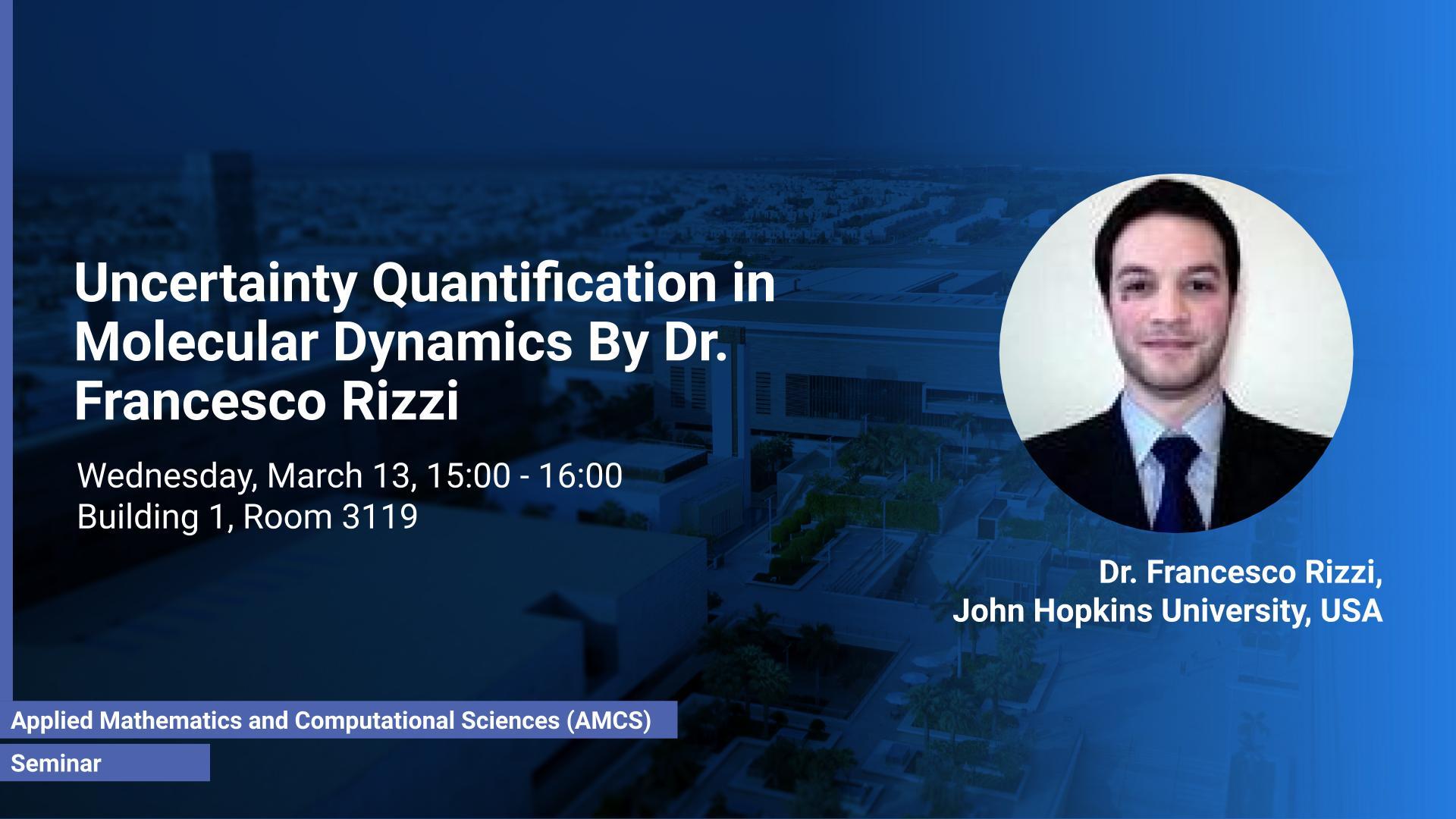Abstract
Molecular dynamics (MD) is widely employed in both industrial and academic environments, playing a key role in the study of a large variety of systems, ranging fromliquids to solids, as well as biomolecules, such as proteins and nucleic acids (DNA, RNA). MD simulations provide a suitable and convenient method to explore dynamical properties of a system at the atomic level which, in general, aresignificantly difficult and expensive to investigate in experimental settings. The main weakness of MD, however, is that its reliability strongly depends on the accuracy with which the potential function, used to compute the forces, can model the atomic interactions occurring in the real system of interest. Consequently, defining the potential is the most delicate stage of an MD simulation, and should be tailored to the target application. Typically, MDpotentials are formulated in terms of two-body or many-body contributions, long-range and short-range terms, each requiring a suitable functional form. For many systems, literature shows that the MD potentials are characterized by broad uncertainties, thus making them the main source of uncertainty in MD.
This talk discusses the application of uncertainty quantification (UQ) methods to MD simulations. Two fundamental, distinct sources of uncertainty are investigated in this work, namely parametric uncertainty and intrinsic noise. Intrinsic noise is inherently present in the MD setting, due to fluctuations originating from thermal effects. Parametric uncertainty, on the contrary, is introduced in the form of uncertain potential parameters, geometry, and/or boundary conditions. The UQ problem is discussed in both its main components, namely the forward propagation, which aims at characterizing how uncertainty in model parameters affects selected observables, and the inverse problem, which involves the estimation of target model parameters based on a set of observations.
The talk highlights the challenges arising when parametric uncertainty and intrinsic noise combine to yield non-deterministic, noisy MD predictions oftarget macroscale observables. Two key probabilistic UQ methods, namely Polynomial Chaos (PC) expansions and Bayesian inference, are exploited to develop a framework that enables one to isolate the impact of parametric uncertainty on the MD predictions and, at the same time, properly quantify the effect of the intrinsic noise. Systematic applications to a suite of problems of increasing complexity lead to the observation that an uncertain PC representation built via Bayesian regression is the most suitable model for the representation of uncertain MD predictions of target observables in the presence of intrinsic noise and parametric uncertainty.
Brief Biography
Francesco Rizzi received his Bachelor Degree in Environmental Engineering in 2007, and M.Sci. in Computational Physics in 2009, both from the University of Udine, Italy.
He then moved to Johns Hopkins University (USA), where he obtained a M.Sci. and Ph.D. in Mechanical Eng. in 2012. During his Ph.D., his work focused on developing and applying uncertainty quantification methods to molecular dynamics simulations. His main research interests include uncertainty quantification, fluid mechanics, applied mathematics and molecular dynamics
His work has benefited from several collaborations developed during these years, in particular with Sandia National Labs. (USA), which he visited few times.

